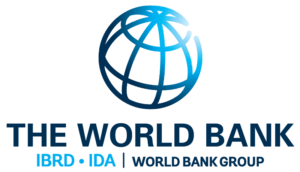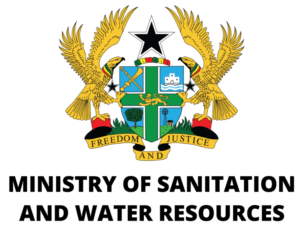
The World Bank is like a cooperative, made up of 189 member countries. These member countries, or shareholders, are represented by a Board of Governors, who are the ultimate policymakers at the World Bank. Generally, the governors are member countries' ministers of finance or ministers of development. They meet once a year at the Annual Meetings of the Boards of Governors of the World Bank Group and the International Monetary Fund. The governors delegate specific duties to 25 Executive Directors, who work on-site at the Bank. The five largest shareholders appoint an executive director, while other member countries are represented by elected executive directors. The World Bank Group President chairs meetings of the Boards of Directors and is responsible for overall management of the Bank. The President is selected by the Board of Executive Directors for a five-year, renewable term.
Learn More →

The Global Partnership for Results-Based Approaches (GPRBA), formerly known as the Global Partnership on Output-Based Aid (GPOBA) until February 2019, provides innovative financing solutions that link funding to achieved results. GPRBA’s results-based financing (RBF) approaches provide access to basic services like water and sanitation, energy, health and education for low-income families and communities that might otherwise go unserved. By bringing together public and private sector funders to maximize resources and designing effective incentives for service providers to reach underserved low-income communities, GPRBA gives people the chance for a better life. In 2020, GPRBA launched the Outcomes Fund Multi-Donor Trust Fund (MDTF) to continue to innovate in the RBF space and to build the capacity of local markets to use outcome-based financing and other results-based blended finance solutions.
Learn More →

The Ministry of Sanitation and Water Resources (MSWR), is a Ministry in the Infrastructure Sector under the Office of the Head of Civil Service. It was established in January, 2017 to act and play a major role in the national, regional and global effort to provide the needed support to the sanitation and water sectors. The water sector was part of the Ministry of Water Resources, Works and Housing and the sanitation sector was part of the Ministry of Local Government and Rural Development. The goal of the Ministry is “to contribute to improvement in the living standards of Ghanaians through increased access to and use of safe water, sanitation and hygiene practices and sustainable management of water resources.” The Ministry derives its core mandate primarily from article 190 of the 1992 constitution of the Republic of Ghana, the Civil Service Law, 1993 (PNDCL 327) and the Civil Service (Ministry) Instrument, 2017 (EI 28).
Learn More →
